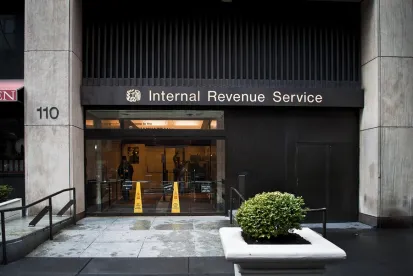An employer who maintains a 403(b) plan (i.e., a 501(c)(3) tax-exempt corporate employer or a school district or government university) may, for a variety of reasons, decide they wish to terminate their 403(b) plan. For example, the employer may be in the process of being sold and wishes to terminate its plan in connection with the sale, or the employer may be setting up a replacement plan under Code Section 401(k) (in the case of private employers) or 457(b) (in the case of a public education employer) and no longer wishes to maintain the 403(b) plan. In either of these situations, unless the employer formally terminates the 403(b) plan and distributes all the assets, it will continue to have the responsibilities of an employer plan sponsor that entail maintaining the plan document that complies with existing law and, in the case of private employers, filing applicable reports and notices with the government and with participants as required by ERISA. Formally terminating the plan ends all these requirements. Formal termination includes affirmative corporate action to terminate the plan followed by distribution of the plan’s assets to participants as soon as administratively practicable.
In the case of a 403(b) plan, which is funded either by individual or group annuity contracts or individual or group custodial accounts as described in Code Section 403(b)(7), distribution issues can be more complicated. In 2011, the IRS issued guidance on distributions of annuity contracts, holding that they can be deemed to be distributed by delivery to participants or beneficiaries of a fully paid individual annuity contract or an individual certificate evidencing fully paid benefits under a group annuity contract. (Rev. Rul. 2011-7.) However, the IRS has remained silent in the last nine years on what particular distribution procedure should be used for custodial accounts maintained under Code Section 403(b)(7). At the prompting of Congress in the SECURE Act, which was passed in late 2019, the IRS has now issued guidance on how custodial accounts can be distributed. (Rev. Rul. 2020-23.)
Individual Custodial Account Agreements
In this ruling, the IRS held that individual custodial account contracts held by participants in a 403(b) plan may be deemed distributed to the participants upon plan termination by the “distribution” of an individual custodial account “in kind” to the participant or beneficiary because these accounts are already funded through individual agreements with the funding vendor and that no further action is required. Also, the employer needs to notify participants and be clear with the funding vendor that the individual custodial account is no longer part of the plan and that the employer has no interest in the contract.
Group Custodial Account Agreements
In the case of custodial accounts that are held as part of a group custodial agreement, the in-kind distribution is accomplished by distributing a document that evidences the new individual custodial account and notifying the participant and funding vendor that the employer has no material retained rights under the individual custodial account after it has been so distributed. There is no need that actual money be transferred to the participant.
Of course, if the participant alternatively wishes to take an actual cash distribution by liquidating his or her individual custodial account or portion of a group custodial account and have it transferred to an IRA, then that is also something that could be done. However, this new guidance allows employers in situations where either the employees do not make an election to have the money transferred to an IRA or otherwise fail to communicate with the employer, an approach they can use to fully and finally distribute all assets, thereby formally terminating the plan and ending the employer’s responsibilities with that plan.
This guidance is especially helpful for those contracts with 403(b) vendors that do not allow the employer to unilaterally distribute money from a custodial or annuity contract. This is helpful guidance from the IRS and completes the guidance that was issued by the IRS in its 2011 revenue ruling.



 />i
/>i

